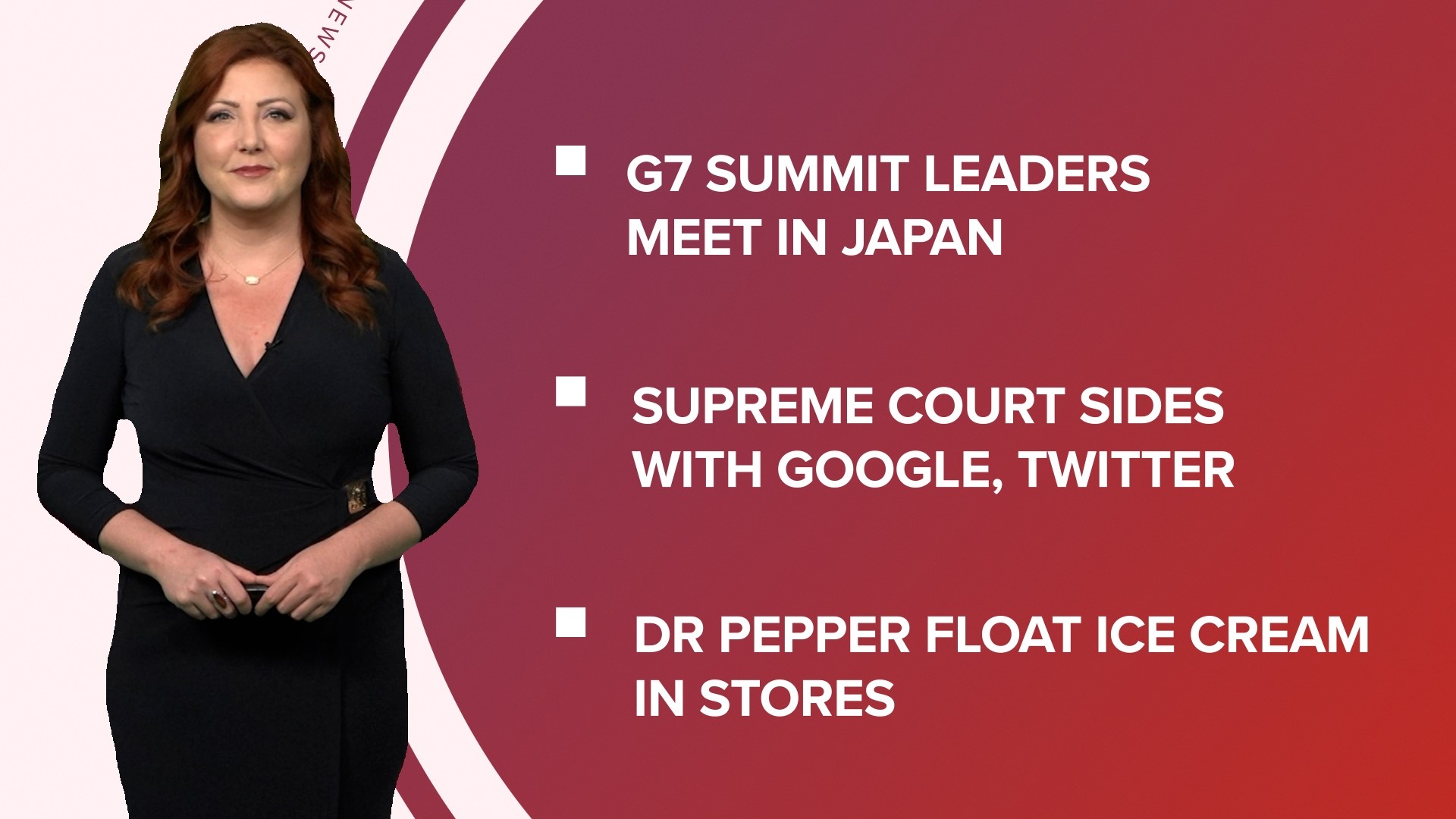BOSTON — American Airlines and JetBlue Airways must abandon their partnership in the northeast United States, a federal judge in Boston ruled Friday, saying that the government proved that the deal reduces competition in the airline industry.
The ruling is a blow for the airlines, which have said that their deal helps consumers by creating a stronger competitor in the Northeast to Delta Air Lines and United Airlines.
But U.S. District Judge Leo Sorokin wrote that through their alliance, American and JetBlue carved up Northeast markets between them, “replacing full-throated competition with broad cooperation.”
Sorokin said the airlines offered only minimal evidence that the partnership helped consumers.
The ruling is a major victory for the Biden administration, which has used aggressive enforcement of antitrust laws to fight against mergers and other arrangements between large corporations.
The Justice Department sued to kill the deal in 2021, and was joined by six states and the District of Columbia. The case went to trial last fall in Boston.
The partnership, called the Northeast Alliance, had the blessing of the Trump administration when it took effect in early 2021. It lets American and JetBlue coordinate schedules and share revenue on many routes to and from New York and Boston.
But soon after President Joe Biden took office, the Justice Department took another look at the case and found an economist who predicted that consumers would spend more than $700 million a year extra if American and JetBlue stopped competing with each other in the Northeast.
“It is a very important case to us ... because of those families that need to travel and want affordable tickets and good service,” Justice Department lawyer Bill Jones said during closing arguments.
Lawyers for American and JetBlue countered that the government had failed to produce any evidence of harm to consumers nearly two years after the alliance took effect. They pointed to new routes the airlines added, which they said were possible only because the alliance provided enough new passengers to make flights economically feasible.
American and JetBlue kept expanding the partnership even while the judge weighed the case. In December, they announced several new routes from New York and Boston.
Throughout the month-long trial, the pending offer by JetBlue to buy Spirit Airlines loomed in the background. JetBlue argues that its $3.8 billion bid would create a stronger low-cost competitor to Delta, United, Southwest — and American — which together control about 80% of the domestic U.S. air travel market.
The trial featured testimony by current and former airline CEOs and economists who gave wildly different opinions on how the American-JetBlue deal will affect competition and ticket prices.

